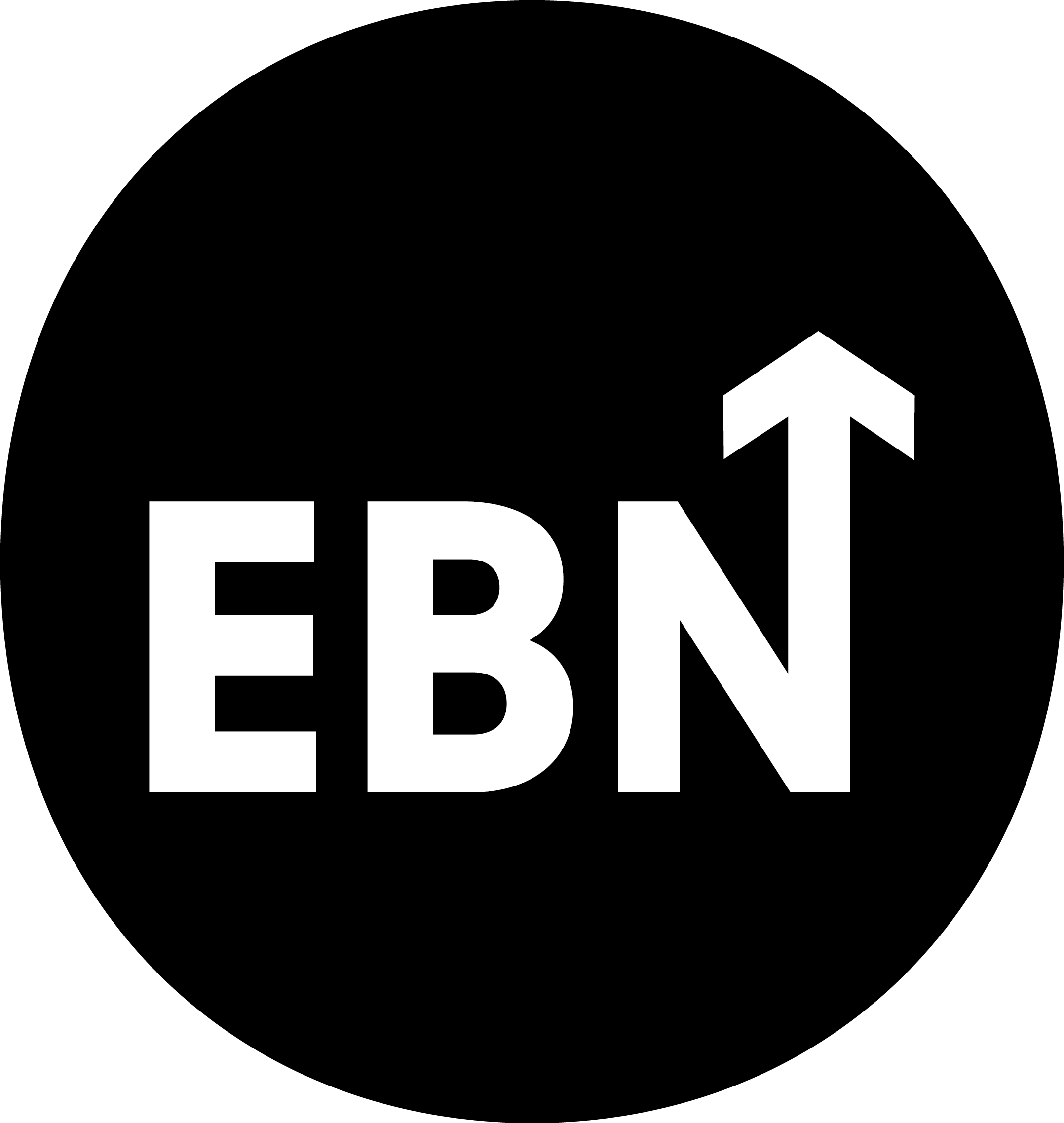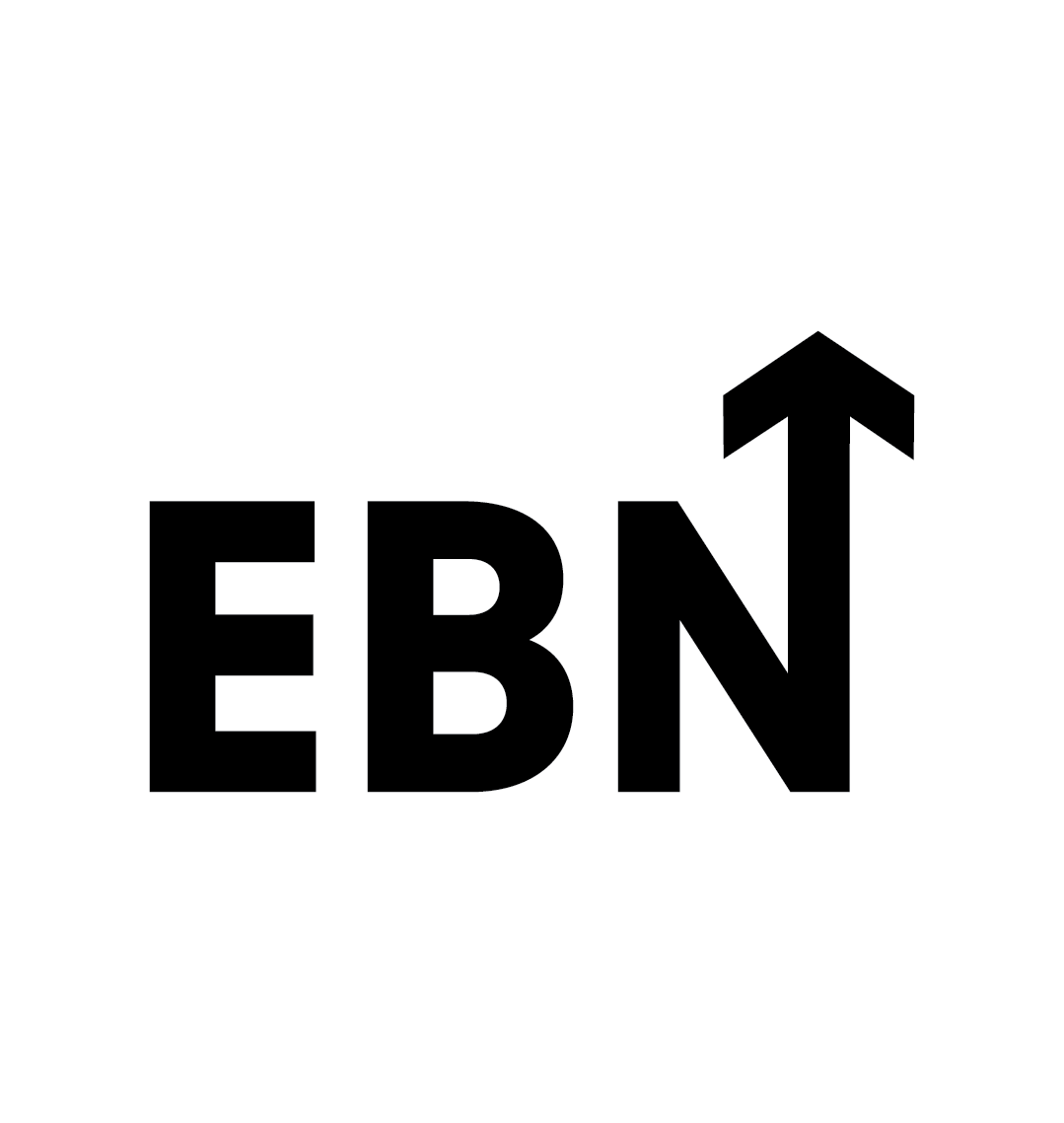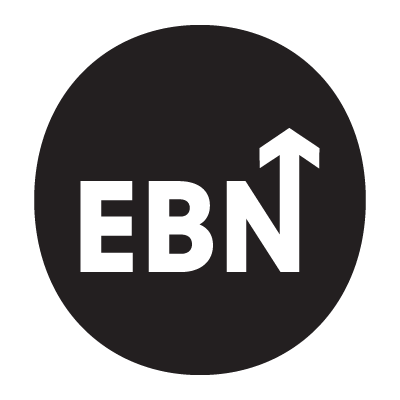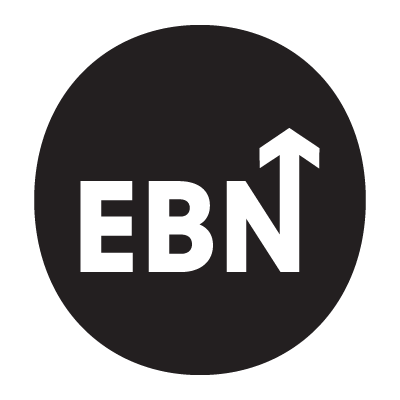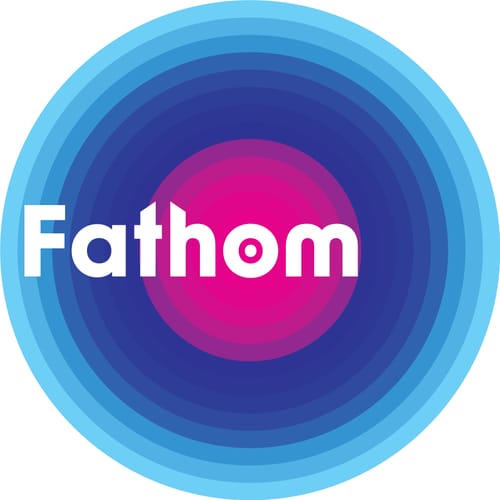In today’s competitive job market, employer branding has taken on a critical role in attracting and retaining top talent. With a lack of in-demand skills and quality candidates becoming increasingly picky and elusive, employers are under considerable pressure to stand out. It’s no wonder that many HR and employer branding departments, much like their counterparts from across the business, are jumping on the AI bandwagon.
Already, there is no doubt that artificial intelligence (AI) can be powerful tool to elevate employer branding efforts, offering companies efficient and innovative ways to connect with candidates and craft engaging, personalized experiences. From automating communication to personalizing candidate interactions, AI seems able to enhance almost every aspect of recruitment and employee engagement, helping to make struggling employers more attractive to those they seek to hire. For a start, companies that overtly integrate AI into their recruitment processes are already signalling to prospective talent that they are forward-thinking, progressive, and innovative, which is not to be sniffed at in today’s tech-savvy talent marketplace.
Momentum isn’t always progress, especially when you always end up back where you started.
Fathom helps you escape the loop. With insight, not intuition.
AI as a Game Changer in Recruitment
AI is already dramatically transforming recruitment by streamlining the process and making it more efficient, saving significant manhours and, therefore, cost. It reduces the burden on HR teams by automating repetitive tasks like candidate screening, scheduling interviews, and sending follow-ups. More impressively, AI tools allow recruiters to better connect with candidates by offering personalized interactions and recommendations in place of previously templated and anodyne communications. In this regard, the more personal and relevant interactions between recruiters and candidates is giving talent a far better impression of those tech-savvy employers and helping them to stand out in one of the key employer branding battlegrounds... candidate experience.
AI-Powered Candidate Experience
One of AI’s most significant impacts is improving that highly critical candidate experience, which has become a major focus in employer branding and recruitment strategies in recent times. A wealth of research shows us that a poor experience during the hiring process is one of the leading reasons candidates reject job offers. AI helps to address this by powering tools such as chatbots and virtual assistants that can ensure timely and accurate responses to candidate inquiries – a leading bugbear of candidates. These systems offer 24/7 availability, keeping candidates more engaged and informed throughout the process, making them feel more valued. An engaged candidate is always more likely to go further in the application process and accept an offer.
AI and Candidate Communication
Effective communication really is at the heart of a positive candidate experience. AI tools can also automate timely and quality responses to most candidate queries, ensuring candidates don't get as frustrated when they feel things are moving too slowly. Moreover, AI-driven platforms can send personalized messages, job alerts, and updates along the way, ensuring candidates are keep up to speed on next steps. Whereas automation has long been able to do this, AI chatbots are far better at simulating real conversations, making the interaction feel more natural and less transactional, fostering a more humanized and natural feel.
Helping HR, talent acquisition, employer branding, and company culture professionals find careers worth smiling about.
AI for Candidate Feedback
Gathering feedback from candidates is a common and effective way for employers to refine the recruitment process. AI tools such as Survale are helping employers to collect real-time feedback from candidates, helping HR identify the gaps and improve the hiring experience. By using timely insights from candidate experiences, employers can stay on top of their (often cumbersome) processes, leading to higher satisfaction rates among candidates and ultimately fewer rejections and better hires. This commitment to improvement also shows candidates that the company values their input, further strengthening their employer brand.
AI's Role in Employer Branding Content Creation
AI is also playing a pivotal role in creating content for employer branding. Automated tools can generate customized newsletters, social media posts, and even internal communications like onboarding materials. By training your own internal AI and aligning it with the company’s EVP, mission and values, your messaging will stay on brand and should resonate better with both external candidates and internal employees. This personalized content allows employers to communicate their brand far more consistently across multiple platforms, which is a critical to strengthening brand equity and recall among your audience.

Recommended article for further reading on AI & HR
AI for Inclusive Communication
Writing job ads is boring and repetitive, and the content most employers put out there doesn’t exactly mask this reality. Ensuring that job descriptions aren’t just well written but that they're on brand and inclusive is another area where AI can make a significant impact. Tools like Textio use AI to analyze the language used in job postings and suggest improvements that make the descriptions more inclusive and appealing to a broader audience. This helps companies avoid unconscious bias, which can only help to attract a more diverse range of candidates, further enhancing their employer brand as well as their inclusivity.
AI in Onboarding and Employee Engagement
The onboarding process is another key touchpoint in any new employee’s journey. AI-powered platforms can streamline onboarding by automating the distribution of materials, answering new hires' questions, and providing tailored training programs. This takes the pressure off the (usually already busy) humans involved in aspects of the onboarding and makes things more consistent and efficient, hopefully getting more new starters off on the right foot.
AI Showcasing Progressiveness in Companies
In addition to improving operational efficiency, AI helps companies project an image of innovation and forward-thinking, a critical component of strong employer branding yet often hard to do. Companies that integrate AI into their operations demonstrate to potential candidates that they are leaders in technology adoption, which is especially attractive to those in techy professions.
Leading Companies Utilizing AI
Several global companies are leveraging AI to elevate their employer branding and recruitment processes. For instance:
- Google uses AI in multiple areas, including search algorithms, cloud computing, and AI-driven projects like Google Assistant. By incorporating AI into its core products, Google portrays itself as an innovative and dynamic workplace, appealing to those interested in working with cutting-edge technology.
- Microsoft has made AI a fundamental part of its business strategy through tools like Azure AI and collaborations with OpenAI. By embedding AI across its platforms and services, Microsoft positions itself as a leader in AI-driven business transformation. This not only improves its operational effectiveness but also makes it an attractive destination for professionals eager to work on the latest technological advancements.
These examples show how AI can be both a tool for improving business operations and a method for signalling progressiveness to prospective candidates.
AI in Industry-Specific Applications
AI is particularly useful in industry-specific applications, where companies can differentiate themselves as innovators within their sector. For example:
- Amazon uses AI in both its supply chain management and customer-facing operations, enhancing personalized shopping experiences and improving predictive analytics. Amazon's use of AI is further showcased through initiatives like Amazon Go, which employs AI to eliminate traditional checkout processes in stores, offering a seamless shopping experience. This innovative approach positions Amazon as a forward-thinking employer in retail technology, attracting talent interested in shaping the future of the retail industry.
- Tesla exemplifies the use of AI in revolutionizing the automotive industry, specifically through its autonomous driving technologies. Tesla leverages machine learning to improve vehicle safety, performance, and user experience. This commitment to AI-driven innovation appeals to candidates passionate about AI’s potential to transform industries, particularly in the automotive and transportation sectors.
Balancing AI with Human-Centered Branding
While AI provides numerous benefits for enhancing employer branding, the human touch remains essential in maintaining authenticity. AI can efficiently automate processes, analyze data, and deliver personalized experiences, but human oversight is still (for now, at least) necessary to ensure that these efforts align with the company's culture and values.
For instance, while AI can handle repetitive tasks such as sending job alerts or scheduling interviews, final decisions and more sensitive interactions have not been replaced by AI tools yet. A successful employer branding strategy combines AI’s strengths in automation and personalization with genuine, human-centered communication. By doing so, companies can cultivate an environment where technology enhances, rather than replaces, the personal connections that form the foundation of strong employer-employee relationships.
Conclusion: AI and the Future of Employer Branding
AI has emerged as a powerful tool in transforming employer branding and candidate engagement. From automating routine recruitment tasks to crafting personalized candidate experiences, AI offers businesses the ability to attract and retain top talent in increasingly competitive job markets. Moreover, companies that adopt AI early signal their commitment to innovation, which appeals to candidates who value technological advancement and forward-thinking workplaces.
However, while AI can streamline and enhance many aspects of recruitment and employer branding, the human element remains indispensable. Companies that successfully blend AI-driven efficiencies with human-centered strategies will stand out as employers of choice, fostering an inclusive and authentic brand identity that resonates with both candidates and employees. As AI continues to evolve, the future of employer branding will likely involve an even closer integration of technology and human insight, ensuring companies stay competitive and attractive in the digital age.
Takeaways
How can AI improve the candidate experience?
AI improves the candidate experience by automating communication, providing personalized interactions, and offering real-time feedback. AI-powered tools like chatbots and virtual assistants ensure candidates receive timely responses and remain engaged throughout the recruitment process, leading to a more positive experience.
Can AI replace human recruiters?
No, AI cannot fully replace human recruiters. While AI can handle repetitive and data-driven tasks, human recruiters are essential for making nuanced decisions, understanding cultural fit, and maintaining personal connections with candidates. The best recruitment strategies combine AI with human oversight.
What is AI’s role in employer branding?
AI enhances employer branding by showcasing a company's commitment to innovation, automating recruitment processes, and creating personalized content for candidates. Companies that leverage AI are seen as progressive and forward-thinking, which strengthens their appeal to modern job seekers.
How does AI help create inclusive job descriptions?
AI tools like Textio analyze language patterns in job descriptions and suggest improvements to make them more inclusive and appealing to a diverse range of candidates. This helps companies avoid unconscious bias and attract a broader talent pool.
How does AI help with employee onboarding?
AI streamlines the onboarding process by automating the distribution of training materials, answering frequently asked questions, and personalizing onboarding content based on the new hire’s role. This creates a more efficient and tailored onboarding experience, helping employees feel welcomed and supported from the start.

